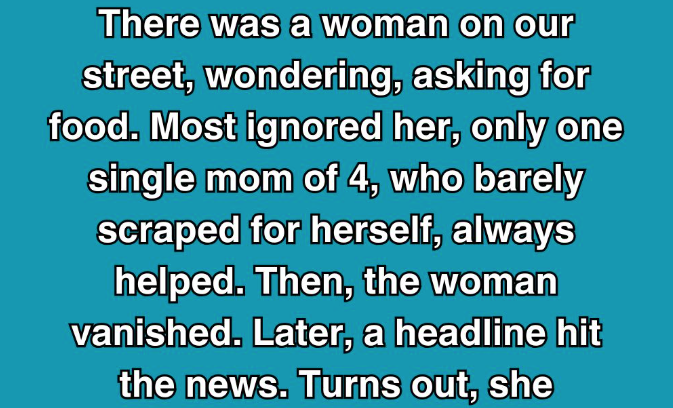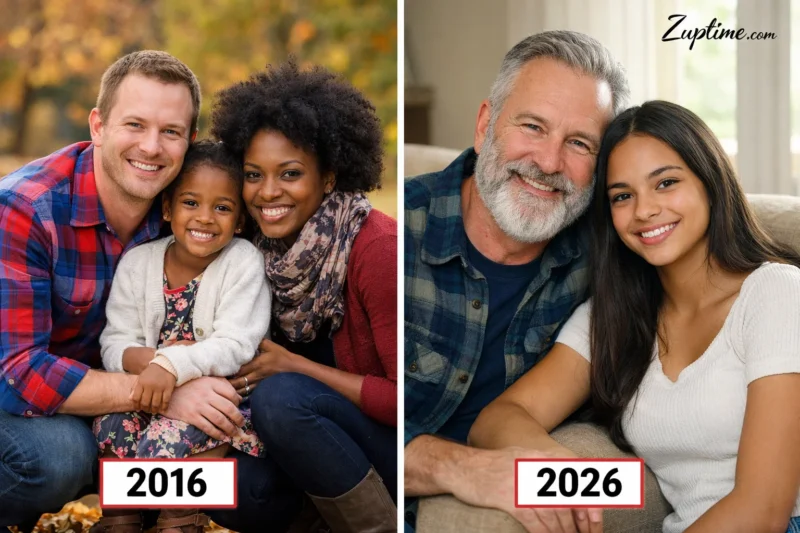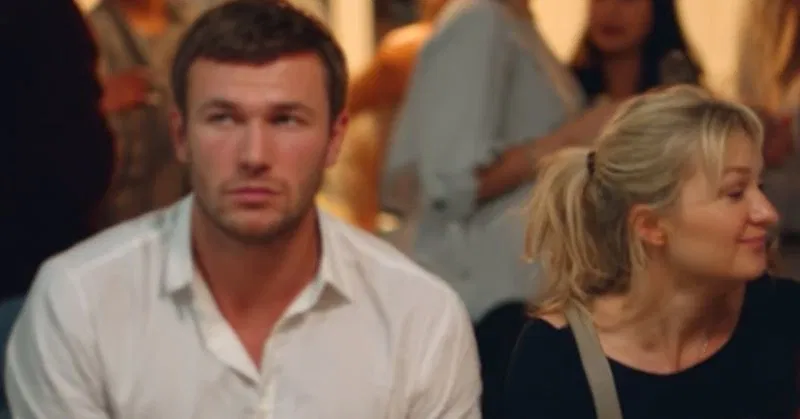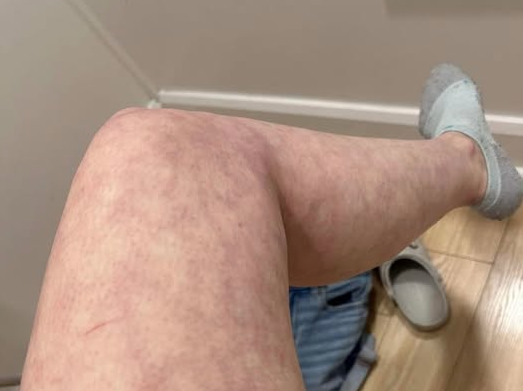On our quiet street, a woman wandered, seeking food with hesitant steps. Most neighbors turned away, but Amira, a single mother of four, stretched her meager resources to share. Then, the woman disappeared. Weeks later, a headline rippled through the news, revealing she was not who anyone imagined.
The children called her “Gina,” though she never shared her name. She appeared silently, frail, pulling a worn blue suitcase that stayed shut. Her presence wasn’t loud or threatening—only weary, with tangled hair and piercing eyes that seemed to see everything.
Neighbors murmured. Some said she chose her hardship. Others guessed she was lost to addiction. People often weave stories to ease their conscience, painting the suffering as deserving. But Amira, living in the corner house with chipped paint and a broken porch light, didn’t join their whispers.
Amira raised four children—Jalen, Areeba, Niko, and little Liyah, always clinging to her side. With no partner, she juggled two jobs, yet her kitchen filled the air with the aroma of red lentil soup. When “Gina” first approached, Amira didn’t hesitate. She handed her a warm bowl, a bottle of water, and asked if she needed more.
Few paid attention. Some, like Mrs. Derksen, called Amira too generous, shaking their heads. But I noticed. Every few days, “Gina” returned, sometimes limping, sometimes muttering softly. Amira’s door always opened.
Then, “Gina” stopped coming. Her suitcase, her quiet murmurs, her tired gaze—vanished. Weeks turned to months. A few neighbors wondered, but life moved on. Until a post on the local news page stopped us cold.
“MISSING HEIRESS DISCOVERED LIVING ON STREETS UNDER FALSE IDENTITY.”
The grainy photo was unmistakable. “Gina” wasn’t Gina. She was Cassandra Arlette Coyle, daughter of oil tycoon Burton Coyle, whose fortune came from offshore drilling and tax havens. Three years earlier, she’d vanished after a public mental health struggle. Her family had hired detectives, even broadcast her story on television. Most assumed she was gone forever.
She’d been living mere blocks from her former penthouse.
The story erupted. Reporters flooded our street. Some neighbors claimed they’d sensed something unusual, though most simply avoided admitting they’d passed her by, day after day.
Then came the revelation that shifted everything.
Cassandra, now reunited with her family and under care, demanded Amira be found and thanked. She recalled every meal, every gesture of kindness. Her memory faltered on many things, but not Amira’s warmth. She remembered Liyah’s giggles, Niko’s shared grilled cheese, and feeling human again.
Amira’s world transformed within days.
Journalists parked outside her modest home. A lawyer arrived with a proposal that seemed too good to be true. Cassandra established “The Soup Bowl Grant,” a trust fund for Amira’s children, insisting no kindness should be forgotten.
Amira doubted it at first, asking, “Why me?” and “Is this real?” When she received the first check, tears fell—not for the money, but because someone truly saw her.
The story didn’t end there.
Cassandra gave half a million to a local women’s shelter and shared her experience publicly, not to elevate herself but to expose the system’s flaws. She spoke of how someone with wealth could plummet, how easily society ignores the “messy,” and how a struggling mother of four offered the only warmth she found.
One evening, a few of us gathered at Amira’s, grappling with the unfolding news. Her home hadn’t changed—same worn couch, same chipped mugs. But her eyes carried a new weight, a softer strength.
I asked how she knew to help.
“How I knew she needed it?” Amira said, pouring tea. “I didn’t. I saw her. That was enough.”
Her words lingered.
For a time, the neighborhood shifted. Strangers received warmer smiles, and extra lunches appeared on park benches. The change might not last, but for a moment, kindness felt closer.
Amira’s children thrived. Jalen earned a scholarship to a private school through Cassandra’s connections. Areeba’s drawings landed in a local gallery. The money didn’t reshape them—it opened doors. Sometimes, that’s all it takes.
The story deepened months later.
A journalist uncovered why Cassandra ended up on the streets. At 25, she rejected her father’s wealth, repelled by its roots in oil spills and political influence. She wanted to live on her own terms, to prove something. But the weight of it shattered her. Mental illness didn’t care about her principles.
When she broke, no one could reach her—except a woman with less than nothing.
The final surprise? Cassandra legally changed her middle name to Amira, becoming Cassandra Amira Coyle.
Yes, she did that.
The rest of us learned something. Not everyone became kinder, but when another weary soul appeared, fewer looked away. Some of us started carrying blankets, water, or snacks in our cars. Small acts, but they mattered.
I changed too. I began talking to people—real conversations, not fleeting nods. I even started volunteering on weekends, something I never imagined. Amira taught me you don’t need to save the world. Start with your street, your doorstep, your soup bowl.
The truth is this: kindness often flows from those who’ve known hardship, who’ve felt unseen, yet still choose to see others.
Sometimes, when you reach out to someone at their lowest, you can’t predict how far they’ll rise—or how much they’ll lift you with them.
So, don’t overlook those the world ignores. They might reshape your life.
If this story moved you, share it with someone who needs to hear it today.




